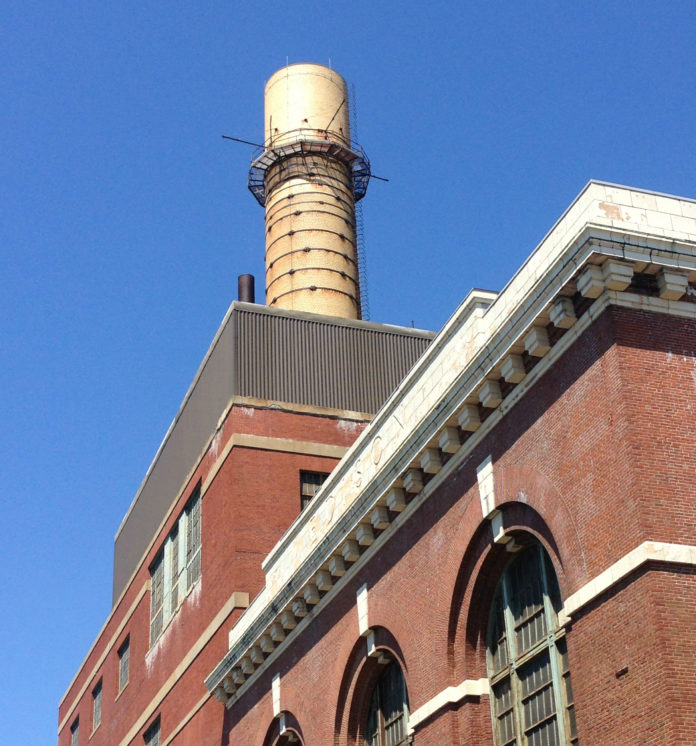Last week, multiple reports revealed that Redgate has several ties to the Massachusetts Port Authority. These reports raise questions about potential conflicts of interest regarding Redgate’s proposal to build residential units at the former Boston Edison Power Plant, given Massport’s ability to negate any residential development by virtue of holding a deed restriction. Redgate is currently seeking permission to build over 1.9 million square feet of building space on the 15-acre Edison site, including 1,344 residential units and two hotels.
However, the Massport has a residential deed restriction on the Edison site. Massport obtained the deed restriction sometime in 2014 through negotiations with Excelon, the former owner of the Edison site, to avoid conflicts with the bypass road, then under construction. The deed restriction means that residential units cannot be built at the Edison without Massport’s explicit approval. Massport has yet to give approval for residential units, despite over two years of public review regarding Redgate’s proposal.
Recently, the Conservation Law Foundation questioned whether a conflict of interest exists due to Redgate’s prior history as a consultant for Massport’s real estate holdings. On its website, Redgate previously described its history as a consultant for Massport to maximize assets and redevelop real estate properties. However all posts relating to Redgate’s work for Massport appear to have be taken down from Redgate’s website.
Given Massport’s concerns expressed in October that Redgate’s residential buildings could clash with operations at Conley Terminal due to its close proximity to the Bypass Road, CLF questioned why Massport has allowed Redgate’s residential proposal to proceed, particularly given Massport’s housing restriction. Similarly, the Boston Globe reported that Redgate Principal Ralph Cox was previously a top executive at Massport. Indeed, Redgate’s biography for Mr. Cox confirms that Mr. Cox served as a Director of Maritime and Real Estate for Massport prior to joining Redgate.
Massport, in responding to the Globe, stated that it has taken no action on releasing the deed restriction to allow for residential buildings at the Edison. Through a statement, Massport also commented that “once the project has definition and the community agrees to proceed, and as we do with similar real estate transactions, we intend to present the project and the deed restriction issue with the Massport Board at an appropriate time should it become necessary.”
In response, Redgate stated that its consulting work for Massport ended in 2014—before Redgate acquired the Edison property—and that potential conflicts can be overcome. In a comment to the Globe, Mr. Cox stated, “We continue to work with a variety of stakeholders to establish the conditions on which residential development can occur at the site without creating conflicts for the continued operation and growth of Conley Terminal.”
Given these latest developments, numerous questions remain. In light of Massport’s statement, will Massport refuse to bring the deed restrict up for a vote if the community does not support the project? This question is crucial given the opposition in the community, as a petition opposing the Redgate proposal was signed by over 1000 South Boston residents and delivered to city and state officials last month.
Similarly, given the opposition in the community, what work remains between Redgate and stakeholders? Despite two years of community meetings, substantial opposition to the current proposal remains. Will Redgate make any changes or revisions to the current proposal? Lastly, given the potential conflicts of interest between Redgate and Massport, will there be a public process put in place to oversee the deed restriction?
As always, do stay tuned.










